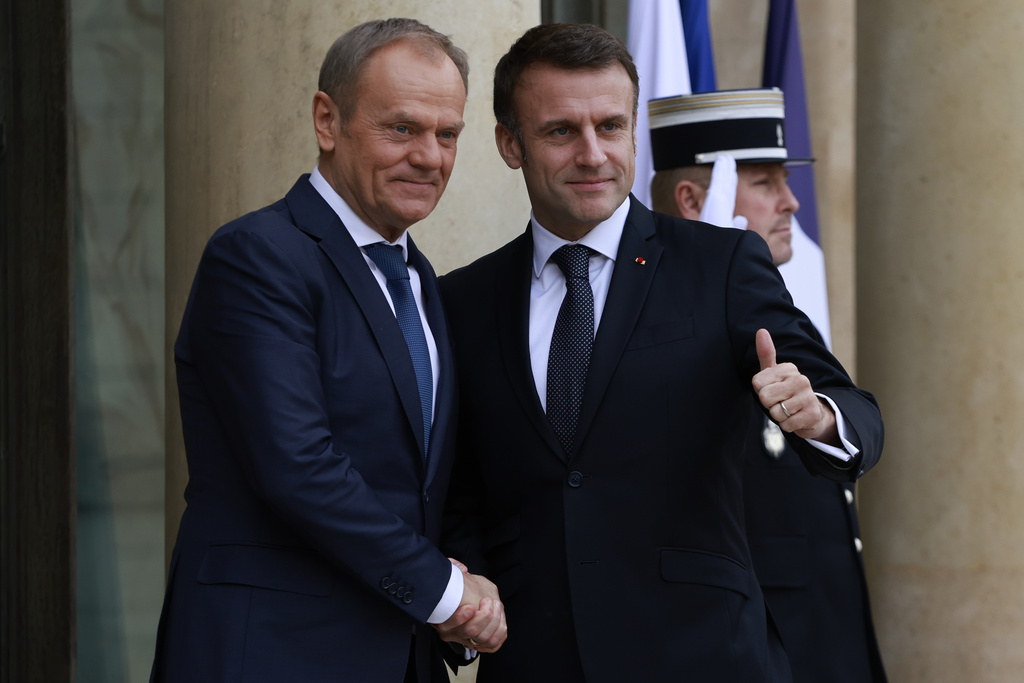The government of Donald Tusk is reportedly considering cooperation with France for the construction of Poland’s second or third nuclear power plant, signaling a potential pivot away from previous partnerships with countries like the United States and South Korea.
According to unofficial sources speaking to Polish paper Dziennik Gazeta Prawna (DGP), Tusk may be leaning towards a partnership with French energy giant EDF, which is becoming the favored collaborator within government circles.
“Politicians speak of a crystallizing political will within the government to designate them as the technology supplier for the next power plant,” the newspaper reported.
The decision hinges on the outcome of discussions regarding a Korean project backed by Polish Energy Group together with the private investor Zygmunt Solorz, the owner of Polsat television and the energy company ZE PAK (Pątnów, Adamów, Konin)
Entrusting another nuclear investment to France’s EDF could position the Tusk government on a collision course not only with the United States but also with President Andrzej Duda, who advocated for selecting an American investor for the construction of another power plant during his visit to the United States.
The American company Westinghouse was selected by the Polish government as the contractor for the first nuclear power plant in Poland, which is to be built on the Baltic coast.
Washington, which had hoped for Westinghouse to be chosen for Poland’s second nuclear facility, would likely be displeased with this turn of events. Unofficial signals indicate that the U.S. administration is vigorously lobbying for its companies.
The exact location for EDF’s potential plant remains undecided, with Bełchatów, Kozienice or Konin in the center of Poland being considered, especially if the government negotiates a change of partner or even nationalizes the project companies in agreement with Polsat’s owner.
DGP notes that political considerations are overshadowing business calculations.
“Experience shows that government determination is often a prerequisite for the success of nuclear projects. This context is key to understanding the leanings towards the French,” the publication writes.
Collaborating with EDF presents an opportunity for Poland’s nuclear sector to mitigate risks associated with European institutional scrutiny and to align more closely with the increasingly influential narrative of a green European industry. However, constructing a nuclear power plant with two or three partners also introduces risks such as higher costs, increased regulatory burdens, and the potential for competition over limited resources, including skilled personnel.





